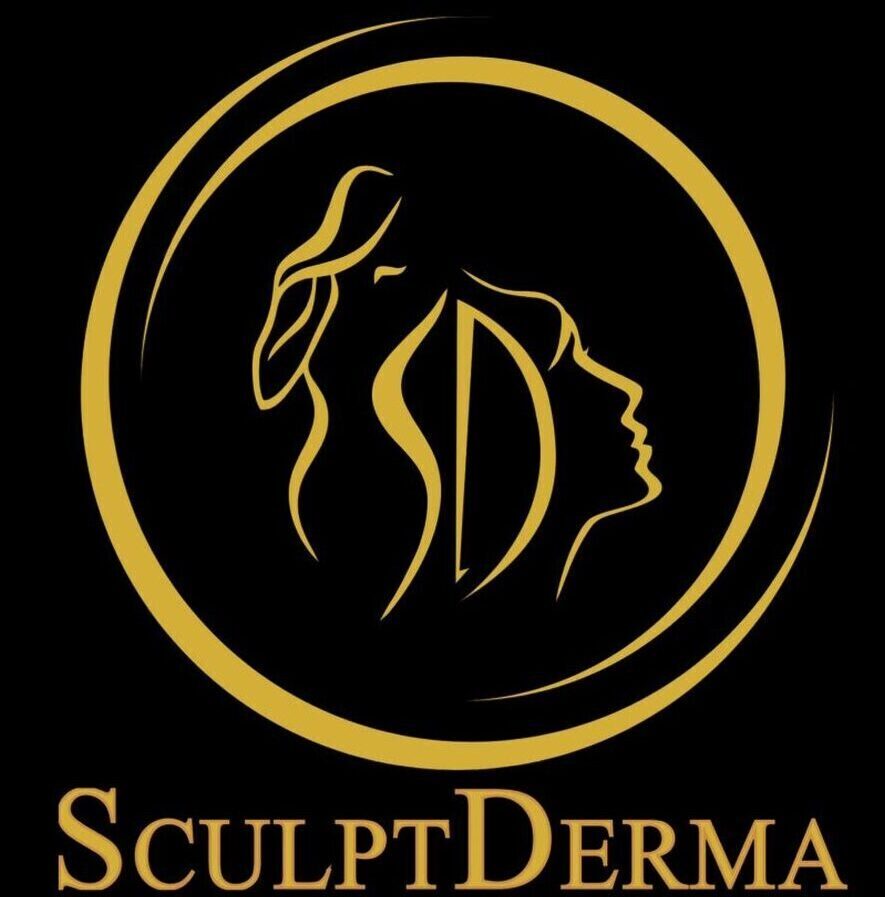-
understanding acne
Understanding Acne: Causes, Treatments, and Management
Acne is a common skin condition that affects millions of people worldwide, particularly during adolescence. It occurs when hair follicles become clogged with oil and dead skin cells, leading to the formation of pimples, blackheads, and cysts.
Table of Contents
ToggleWhile acne is often associated with teenagers, it can affect individuals of all ages. This article will explore the causes of acne, various treatment options, preventive measures, and answer frequently asked questions to help you better understand this condition.
What Causes Acne?
Acne is primarily caused by a combination of factors that contribute to the clogging of hair follicles:
- Excess Oil Production: The sebaceous glands in the skin produce sebum, an oily substance that helps keep the skin moisturized. However, excessive production of sebum can lead to clogged pores.
- Hormonal Changes: Hormonal fluctuations, particularly during puberty, menstruation, pregnancy, or hormonal therapy, can increase oil production and contribute to acne.
- Bacterial Growth: The skin naturally harbors bacteria called Propionibacterium acnes (P. acnes). When hair follicles are clogged, these bacteria can multiply rapidly, leading to inflammation and infection.
- Dead Skin Cells: The body continuously sheds dead skin cells. When these cells do not shed properly and accumulate in hair follicles, they can contribute to blockages.
- Diet: Some studies suggest that certain dietary factors may exacerbate acne. High-glycemic index foods (like refined sugars and carbohydrates) and dairy products have been linked to increased breakouts in some individuals.
- Stress: While stress does not directly cause acne, it can exacerbate existing conditions by triggering hormonal changes that increase oil production.
Types of Acne
Understanding the different types of acne can help in identifying the most effective treatment:
- Comedonal Acne: Characterized by non-inflammatory lesions like blackheads (open comedones) and whiteheads (closed comedones). These occur when hair follicles are clogged with oil and dead skin cells.
- Inflammatory Acne: Includes papules (small red bumps), pustules (pus-filled lesions), nodules (larger lumps beneath the skin), and cysts (painful, deep lesions). Inflammatory acne is often red and swollen due to infection.
- Cystic Acne: A severe form of inflammatory acne that results in painful cysts beneath the skin’s surface. This type often leads to scarring if not treated properly.
Treatment Options for Acne
There are various treatment options available for managing acne, depending on its severity:
- Topical Treatments:
- Benzoyl Peroxide: An antibacterial agent that helps reduce inflammation and clear clogged pores.
- Salicylic Acid: A beta hydroxy acid that exfoliates the skin and helps prevent clogged pores.
- Retinoids: Vitamin A derivatives (like tretinoin) that promote cell turnover and prevent clogged pores.
- Antibiotics: Topical antibiotics (like clindamycin) reduce bacteria on the skin and decrease inflammation.
- Oral Medications:
- Antibiotics: Oral antibiotics (such as doxycycline or minocycline) are prescribed for moderate to severe inflammatory acne.
- Hormonal Treatments: Birth control pills containing estrogen and progestin can help regulate hormones and reduce acne in women.
- Isotretinoin: A powerful oral retinoid used for severe acne that has not responded to other treatments. It requires close monitoring due to potential side effects.
- Procedures:
- Chemical Peels: Dermatologists apply chemical solutions to exfoliate the skin’s surface and improve acne.
- Laser Therapy: Various laser treatments target bacteria, reduce oil production, or improve scarring.
- Corticosteroid Injections: For large cystic lesions, corticosteroids can be injected directly to reduce inflammation quickly.
- Lifestyle Changes:
- Maintaining a consistent skincare routine with gentle cleansers can help manage acne.
- Avoiding touching or picking at blemishes reduces the risk of scarring and further irritation.
- Keeping hair clean and away from the face can prevent excess oil from contributing to breakouts.
Preventive Measures
While it may not be possible to completely prevent acne, certain practices can help minimize breakouts:
- Use Non-Comedogenic Products: Choose skincare and makeup products labeled as non-comedogenic to avoid clogging pores.
- Maintain a Healthy Diet: Incorporate a balanced diet rich in fruits, vegetables, whole grains, and lean proteins while limiting processed foods.
- Stay Hydrated: Drinking plenty of water helps maintain healthy skin.
Manage Stress Levels: Practice stress-reducing techniques such as yoga, meditation, or regular exercise
Frequently Asked Questions
No! While it is most common during adolescence due to hormonal changes, adults can also experience acne due to various factors such as stress or hormonal fluctuations.
Some studies suggest that high-glycemic foods and dairy products may worsen acne for some individuals; however, dietary impacts vary from person to person.
Most treatment requires several weeks or even months before significant improvements are seen, consistency is key!
Yes! Many dermatologists recommend combining treatments for more effective results; However consult with your healthcare provider before starting multiple therapies.
If left untreated or if blemishes are picked at or squeezed, there is a risk of scarring; early intervention can help minimize this risk.
If over-the-counter treatments are ineffective after several weeks or if you have severe or cystic acne causing pain or distress, it’s time to consult a dermatologist for professional advice.
Conclusion
Acne is a common yet complex skin condition that affects individuals of all ages. Understanding its causes and treatment options empowers those affected to take proactive steps toward managing their skin health effectively. Whether through topical treatments, oral medications, or lifestyle changes, there are numerous strategies available to help achieve clearer skin.
If you’re struggling with acne or have concerns about your skincare routine, don’t hesitate to reach out to a qualified dermatologist who can provide personalized guidance tailored to your needs. With patience and the right approach, clearer skin is within reach!
